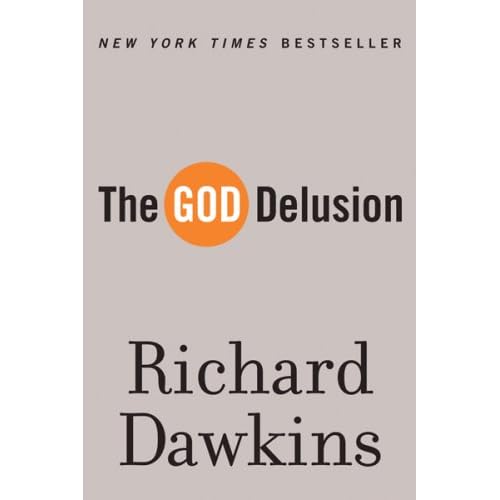Leave No Stone Unturned


I spent the previous week reading two very interesting - and some might say controversial - books. The titles of the books speak for themselves. However, that is not the main reason for this post. Instead, this post is about what I think is an important point of both books; something that might be hidden underneath both the hype and criticism surrounding the books.
Both books advocate the need to question everything -- even religion. Religion has always been considered a taboo subject and its veracity has always been taken for granted. More often than not, religions rely on a divine book that has been perpetuated by a deity as the source of truth. And this source of truth, according to its followers, shall not be questioned. This is faith.
And that is where a potential problem lies. While I am certain that both authors have tried their best to verify what they have written, they are not ashamed or adamant about making corrections to their books when the evidence shows otherwise. With sufficient evidence, both authors might even be converted toward religion. I doubt the same could be said about religious texts. Religious texts might have been perpetuated by a divine deity, but they are still transcribed by human beings.
Now, it might very well be that religious texts are indeed infallible. However, without testing, without questioning, we can never be sure. At least, we cannot be sure without just relying on blind faith alone. To put this into perspective, most people are not going to sit in a plane after being told that it is powered through sheer faith-power alone.
If anyone doubts the need to question, just look around us. All modern inventions come about through some form of questioning. If we just accepted everything as being magical then we would never have many of the inventions that we take for granted today. The scientific theories that we have today might not be complete but they sure do a fine job of making our lives better. And those theories are continuously being subjected to testing and questioning to refine them: obsolete ones are rejected, replaced or even removed.
Religion might be true; it might be false. Religion might be necessary; it might be unnecessary. But like everything else, it should be investigated and questioned. And every individual should be free to draw his or her own conclusion based on the evidence and not just on the words of influential figures. It goes the other way around too. Just because the authors of both books claim something, it does not mean that it is true. Again, the facts and evidence must be evaluated.
For many religious devotees the veracity of religion is not necessarily an issue. And that is fine. However, for some other people, the quest for verifying the truth is important. They should be granted the freedom to question such things and make their own decision without any backlash from members of religious communities. Both books present examples of reactions from religious communities on this issue of seeking the truth. Some reactions being more harmful than others.
And what happens when the truth is discovered? Probably nothing much. People are still free to choose whether or not to believe in religion. Neither author strongly suggest the need for getting rid of religion. What they do is merely present their ideas and the evidence to support it. But they never force anyone to abandon their beliefs.
Tweetcomments powered by Disqus